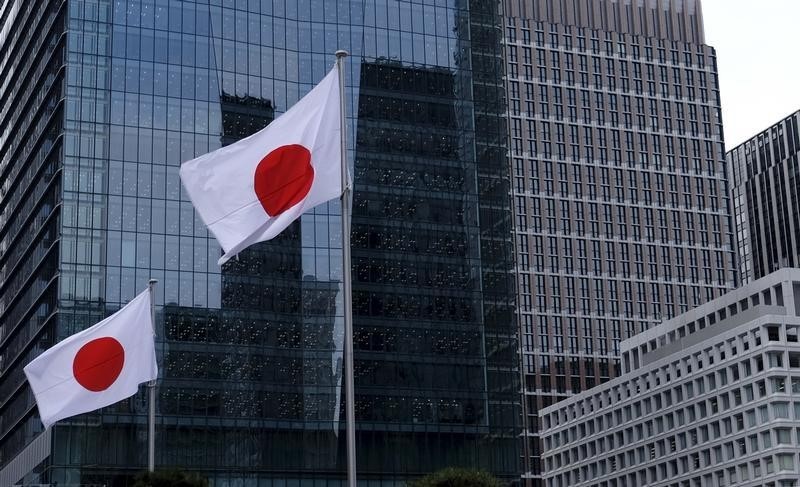
Japan's economy showed a slight improvement in the first quarter of 2023, as revised data showed a contraction of 1.8% annualized, compared to an initial estimate of a 2% decline. The revision was due to stronger-than-expected capital spending and exports.
Despite this improvement, private consumption remained weak and continued to contract at a rate of 0.7%, marking the fourth consecutive quarterly decline in this area. This weakness in consumption is limiting the Bank of Japan's ability to tighten monetary policy further.
Exports also declined from the previous quarter, while imports rose, leading to a widening trade deficit. Households are expected to face rising utility costs as subsidies are phased out.
The Japanese economy has been facing several challenges in recent months, including ongoing scandals involving improper vehicle model tests at major automakers such as Toyota, Honda, and Mazda. These scandals have led to production halts and negative publicity for the companies involved.
Despite these challenges, some analysts remain optimistic about Japan's economic prospects. Toru Suehiro, an economist at Daiwa Securities, noted that real wages are expected to rise in the coming months due to one-off tax rebates and a decline in food and energy prices.
Prime Minister Fumio Kishida's ruling party is also set to hold its next leadership contest, which could lead to changes in economic policy. However, any significant shifts are unlikely until after the contest has been decided.
Overall, Japan's economy continues to face challenges and a clear recovery remains elusive. The Bank of Japan will need to carefully consider the timing of its next interest rate hike in light of these ongoing uncertainties.
